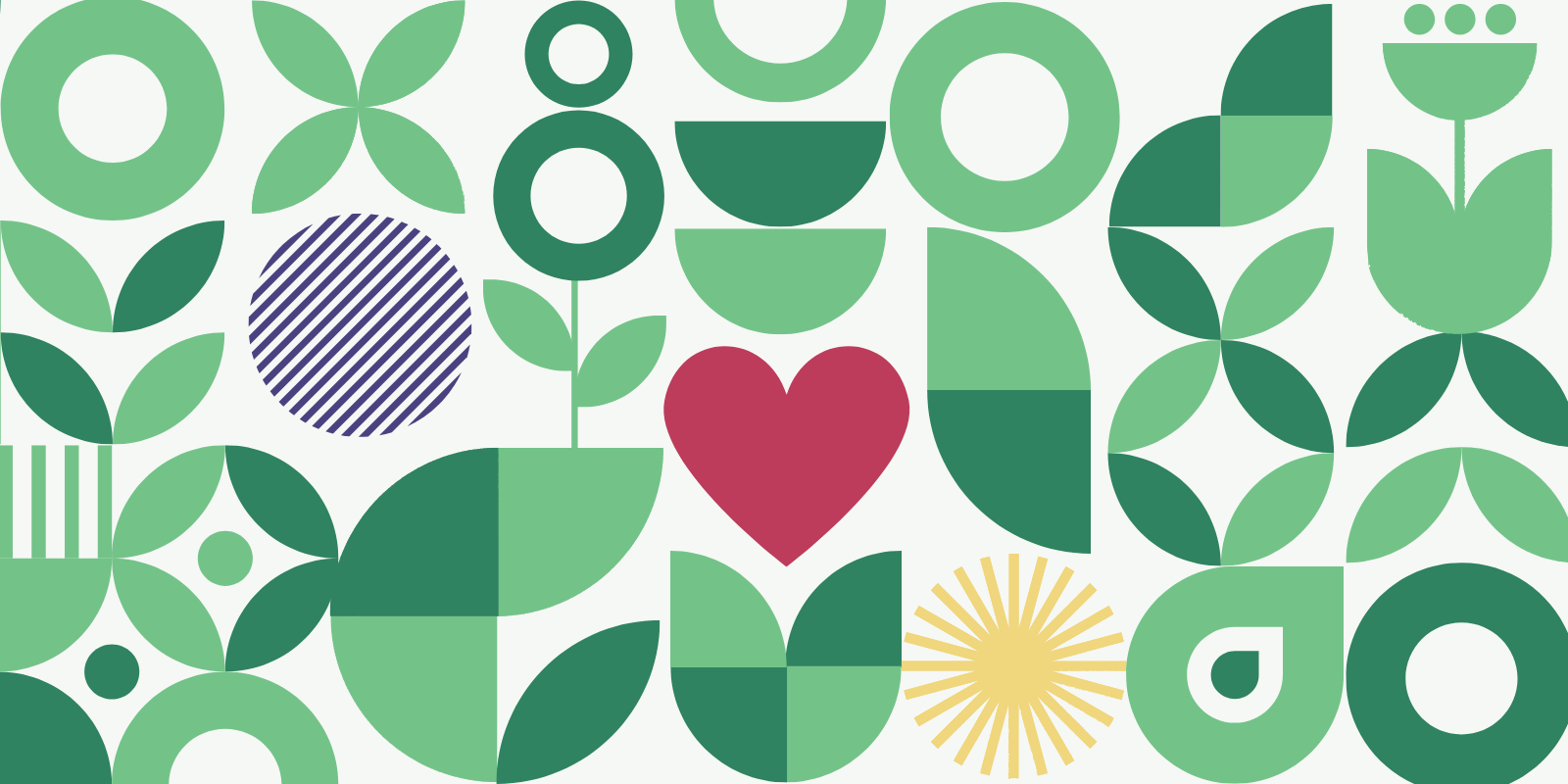In the first two parts of this series, we explored how calling in and bridging across differences can be powerful tools for justice. In this final installment, we turn inward to ask: How can we demonstrate both compassion and accountability and why is this crucial for fostering a culture of true belonging?
At the heart of this is softness, not as weakness, but as strength. In a world often driven by urgency, competition and individual success, embracing softness can reorient our perspective.
Softness is not passivity. Softness is not politeness.
But what is softness really? It’s not the same as passivity, nor is it a form of politeness. It’s not about avoiding confrontation or being nice just to keep the peace. Instead, it represents a balance between compassion and accountability. It allows us to express difficult feelings with care, enabling us to challenge harmful behavior while still honoring each person’s dignity.
Choosing gentleness in the midst of tension and difficult moments takes courage and it’s not always the easiest path. When we respond with compassion rather than anger, we open the door to genuine connection, which can foster understanding and healing in our relationships.
Softness in a Culture of Self-Reliance
But softness is not just a personal practice. It is shaped by the broader cultural narratives around us, which can influence how we express softness and, sometimes, may hold us back from showing it. One of the most deeply ingrained myths in American culture is the concept of rugged individualism, the idea that success is achieved solely through personal grit alone, without the need for community or systems around us. As Dasia Sade (https://www.youtube.com/watch?v=LBUHBfFSa4I) points out, while this narrative can feel empowering, it also makes us feel isolated and undermines the cooperative mindset we actually need to thrive.

This version of American individualism has created a culture where we are isolated, even when we are surrounded by others, where connection is secondary to competition.”
This attitude doesn’t just shape our personal lives. It seeps into our workplaces, our movements and even our justice spaces. The pressure to “go at it alone,” to constantly achieve and to outperform can feel overwhelming. These values, deeply intertwined with capitalism and individualism, stand in stark contrast to our innate need for connection and the nurturing quality of softness. It’s important to recognize how these conflicting messages color our perspectives and to remind ourselves of the strength that can be found in vulnerability and community.
Softness isn’t about personality or being nice. When intentionally chosen, softness is a radical act—an open heart in a clenched world. Softness is a way of showing up that challenges dominant cultural narratives about worth and strength by inspiring us to slow down, care for ourselves, for our neighbors, our communities and move forward together. It reminds us that liberation is not a solitary pursuit, but a cooperative one.
When we center care, rest and our interdependence over burnout culture (https://rootid.com/think/we-need-each-other/), softness becomes not just a different way to think, work and interact, but a cultural shift to reimagine how we live, relate and change the world together.
Final Notes on the Series
This three-part series has been an invitation to reflect on justice work not as relentless urgency, but as a practice of care and connection. From calling in to bridging and choosing softness; these ideas remind us that the fight for justice doesn’t have to exhaust us. Instead, it can heal us, build toward belonging and strengthen our communities.
At rootid, we believe in caretaking spaces (https://rootid.com/about/guiding-principles/) where people can show up as their whole selves, where rest is respected and where authentic connection is part of the work itself. We believe softness is not the opposite of strength, but a source of it.
When we lead with softness, we replace shame with curiosity. We meet people where they are and create space for honesty and trust. We hold people accountable not to punish, but to repair and restore. We say: I see you. I believe you can grow, so let’s move forward together.
Previous parts in this series are in our blog listings page or see the them below:
- part 1 – from calling out to calling in: a softer way forward
- part 2 – bridging the divide: from disconnection to belonging
If you’re working to build a culture where accountability and compassion go hand in hand, we’re here to support you. Whether you’re reimagining team dynamics, strengthening community relationships, or aligning your communications strategy with your values, we can help.
Reach out for a free consultation (https://rootid.com/start-a-project/) and let’s explore how to make your vision a reality.

